El Monte teacher: Education fads come and go. What remains are teachers that care.
Arroyo High teacher says credentials and latest strategies don’t matter as much as basic educational values
If, as Nelson Mandela said, “education is the most powerful weapon you can use to change the world,” that weapon has undergone a series of changes — and not always for the better.
That’s according to Christopher Mayclin, 45, an English teacher at Arroyo High School in El Monte.
The changes in education every few years can leave teachers, students and parents with whiplash and take away valuable time, energy and resources that could be going to improving the basics.
Mayclin — who earned his bachelor’s degree at Cal Poly Pomona, teaching credentials at Laverne University and UC Irvine, and a master’s degree at Arkansas State University — shared with UT Community News his take on some of the biggest issues facing education.
Why did you get into education?
“I first wanted to start teaching while I was writing, and hopefully become a famous writer and then…say goodbye to teaching. But teaching is a little too demanding to be both a teacher and a writer when you first start out. And so I had to put that on hold and then I realized, ‘Oh, I love teaching.’ So I kind of forgot about writing as a profession.”
The teacher shortage across the U.S. has led some states like Texas to waive the requirement of having a teaching credential. How does this affect students?
“It seems extreme but we have to see how that bears out because I’ve seen a lot of teachers who are so-called experts, really not be impressive…And then I’ve seen people who don’t have formal education be impressive…From my own teacher credentialing program — that’s not what taught me to be a good teacher. I got a few good nuggets by doing that. But what truly taught me to be a good teacher was listening to teachers who’ve been there and done that before me.”
What is a major issue facing education?
“Education, it’s way too politicized, so the education of teachers becomes likewise politicized. Certain fads become dominant: Teach this way and teach this way. One pendulum swings to the other. I’ve been teaching long enough to see all of that. And what really you can’t deny is what will students be able to do when you’re done teaching them?”
What’s an example of changing trends in education?
“There are different theories they could play to. I remember when Marzano was supposed to be a God and everyone looked at Marzano’s research and again, there’s some good stuff there. And then, we have Common Core, [which] is more based upon certain tasks as opposed to focusing more strenuously on data collection on tests, things like that. You have different fads. Now, all of them have a point to a certain degree and yet it seems that we drop one thing and go all in into something else. After a certain number of years, we’re done with this fad. Let’s go on to something completely new now because we think it’s better now. And to me, it just seems like a way of a lot of schools showing we’re doing something.”
What has changed in the 20-plus years you’ve been teaching?
“Obviously, there was less technology…Most people used regular old-fashioned grade books for grading…Discipline was probably handled in a more firm way back then. Nowadays, it seems like [we’re] trying every excuse not to be punitive with the kids, not that you want to be punitive at the gate, but at the same time, it just seems like the pendulum is swinging the other way, as in: Don’t enforce penalties, but just give rewards.”
How do you feel about teaching after doing it all these years?
“I love it very much. I do. Teaching is fun…Every day is something different. It’s not repetitive. Even if you’re doing roughly the same curriculum, it changes, but also, the students change. If I can just teach kids some information that will increase their brain power, I would have done my job..Where they go from their lifelong learning, well, that continues on their own — but only if they know how to think and they have a foundation of reading, writing and arithmetic that we picked up to actually carry forward.”
“Sometimes you’re one of the few mentors that they have. They may not get it at home, or they may be more lucky, and still, you help enrich their lives by being that extra mentor.”

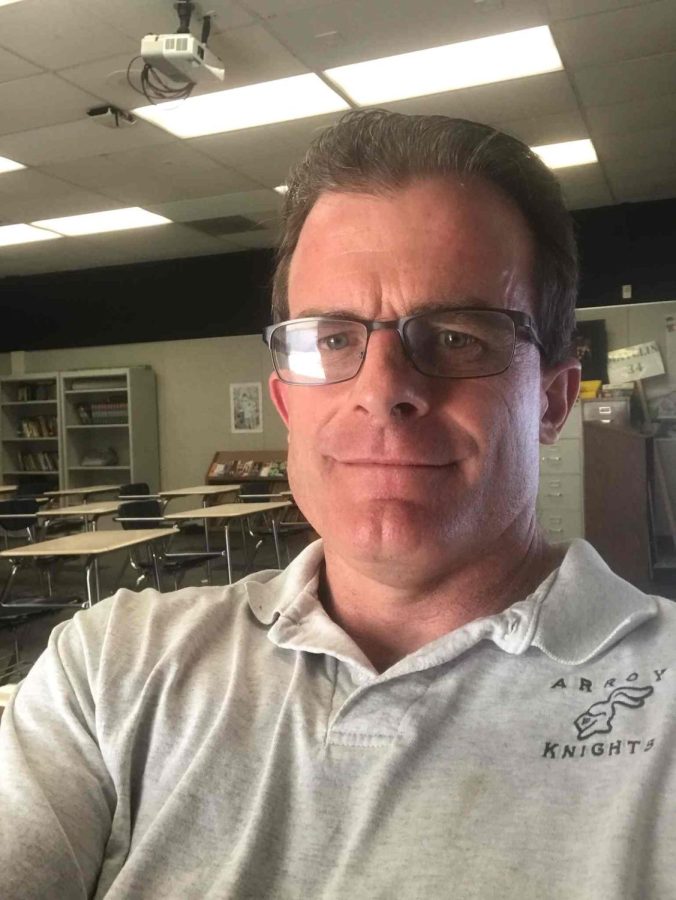
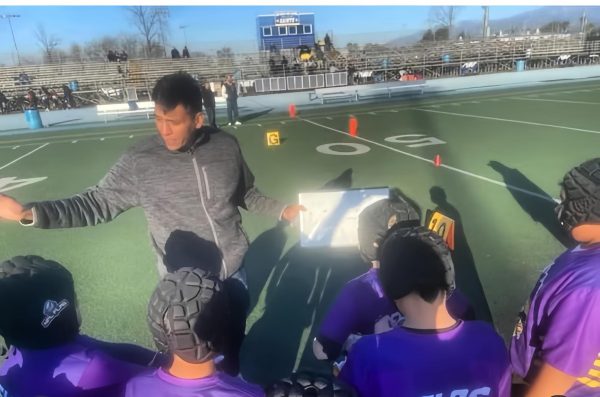
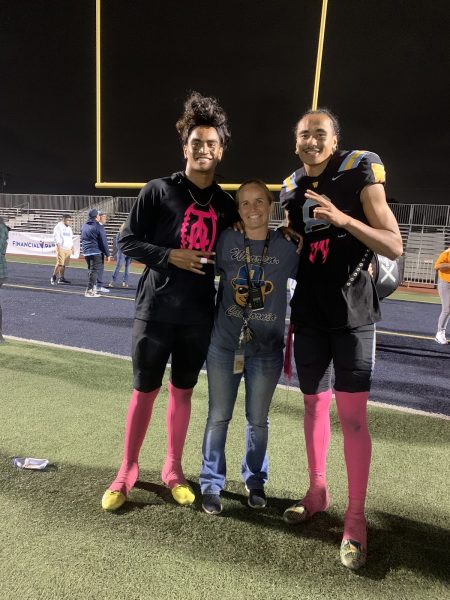
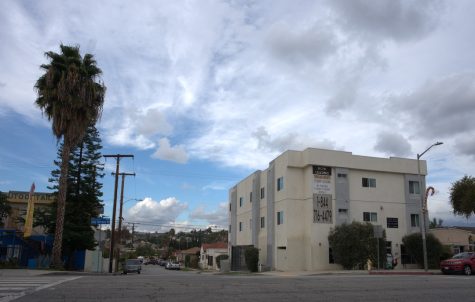
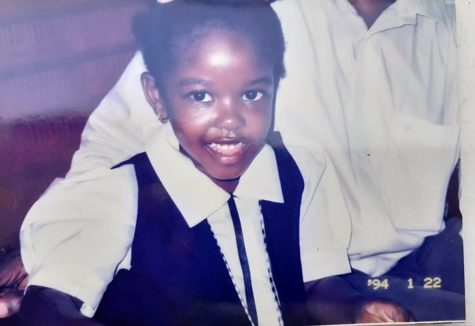

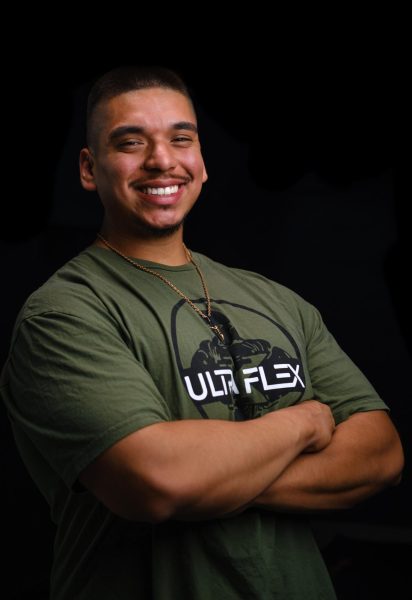
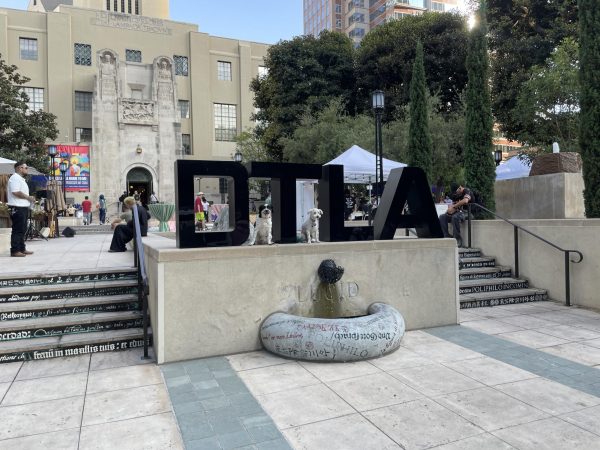
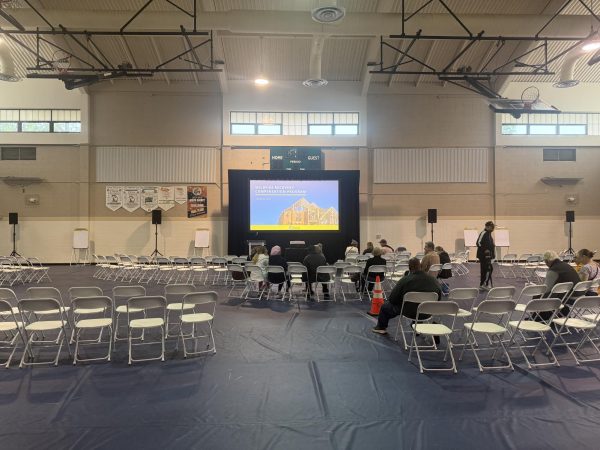
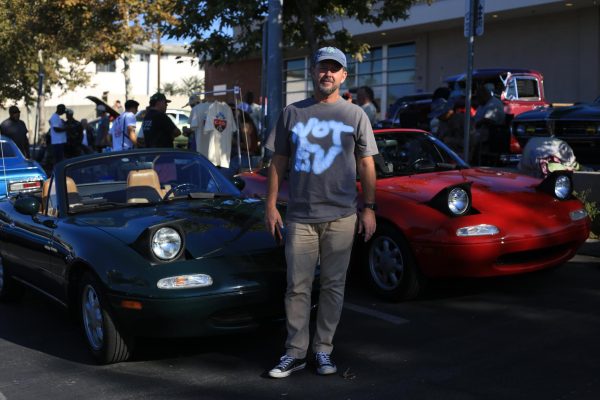
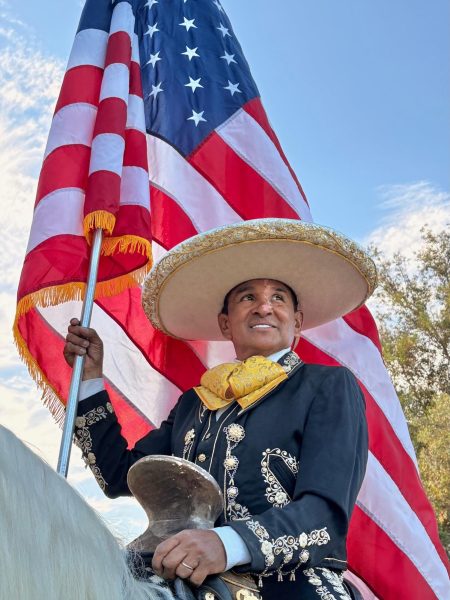
not mr mayclin's student • Jan 15, 2025 at 12:20 pm
sigma teacher 😀